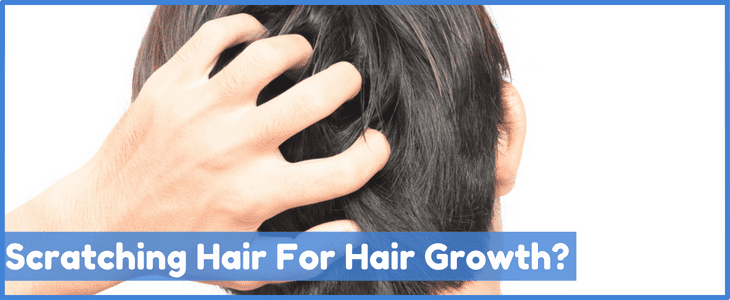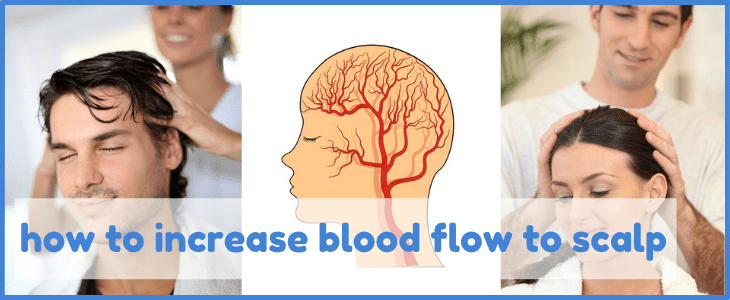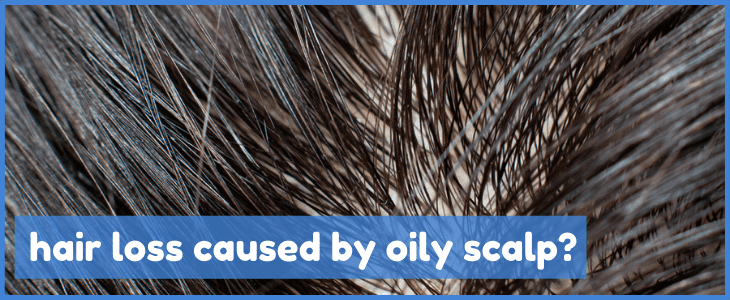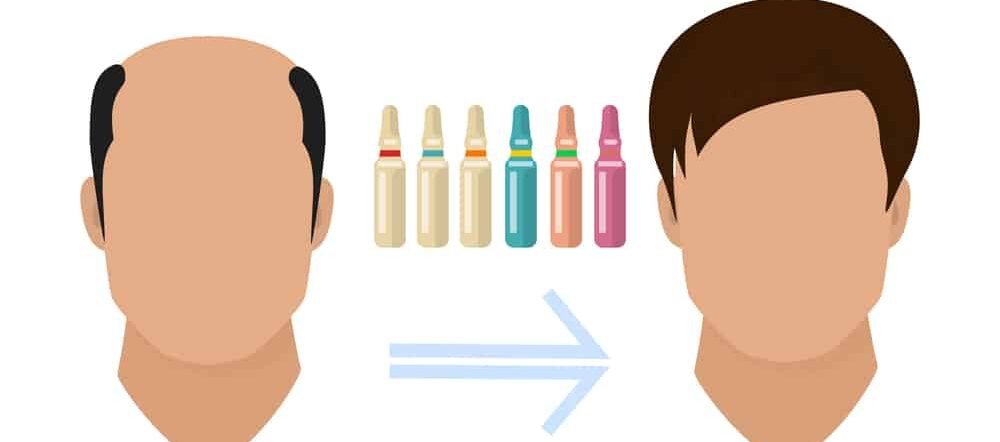Scalp calcification can be a problem and cause several problems when it builds up in excessive amounts. Don’t let this happen to you. Decalcify your scalp.
What is Calcification of Scalp?
Calcification of the scalp can cause hair loss. It occurs when the blood arteries beneath the scalp develop calcium deposits in their walls. As a result, blood arteries stiffen and then become rigid, obstructing blood flow.
Reduced blood flow in any part of the body is dangerous. Bodily tissues receive the nutrients they require from blood in order to function properly. This is also true of the scalp. The number of nutrients accessible to the hair follicle is decreased as a consequence of reduced blood flow caused by vascular calcification.
The Disadvantages of Having too much Calcium on your Scalp
Calcium buildup on the scalp, whether induced by extrinsic (hard water) or intrinsic (hypercalcemia) influences, can induce hair thinning, breakage, and weakening. It has the potential to kill hair follicles in the long run as well.
Can Calcification Cause Hair Loss?
Studies have shown that there is a correlation between scalp calcification and Androgenetic Alopecia (AGA), a kind of patterned hair loss that can impact both males and females.
Both scalp calcification and hair follicle shrinkage are characteristics of Androgenetic Alopecia.
The number, size, and growing capacity of hair strands are diminished as a result of scarring surrounding the hair follicle and restricted food delivery.
Inflammation is the body’s inherent reaction to damage or aggravation, and chronic inflammation can cause calcium deposits to form in affected tissues. This causes the inflammatory tissues to stiffen, which may result in even more inflammation. If this process is left untreated it may continue until the blood circulation to the scalp decreases to the point that hair stops growing which results in hair miniaturization and balding.
What Causes too much Calcium Buildup on the Head?
One of the most causes for calcium buildup on the head is hard water. Hard water contains more minerals and calcium than normal hair, and can leave residue on the scalp which makes it more difficult to keep moisture in the hair, and often turns into dry frizzy hair that is more likely to break, thin or tangle.
How to know if you have hard water?
Look for residue on the shower head, especially white, grey, light beige or even green colored spots or buildup on the shower head, the shower pipe fittings, or on the shower walls, floor, tiles or drain. Any type of these spots that remain after showering can be a sign of minerals or calcium in the water. If your shower walls are made of glass and are easily stained and more difficult to keep clean, it can be a sign of hard water.
Why you Should Decalcify and Detox your Scalp?
Many people use regular shampoos and conditioners with unnatural ingredients or chemicals. Some chemicals are considered harmful or toxic.
Detoxing one’s hair can clean the scalp to remove the buildup of unwanted chemicals, debris, dandruff and assist in restoring one’s scalps natural balance.
Within a week of detoxing, most people notice a difference in the hair texture as the hair restores its balance.
How to Know if you Need to Decalcify or Detox your Scalp?
A scalp detox is basically a deep cleaning of your scalp to remove any dirt from the follicles.
Scabbing and irritation might occur as a result of the accumulation of debris, indicating that a deeper clean is required, or if the hair has begun to appear waxy or isn’t reacting well to the typical hair washing regimen.
Scalp detox removes material left behind from hair products, pollutants, hard water, chemicals, and clogged pores by exfoliating and removing the dirt and grime. Healthy hair begins with a healthy scalp, which provides the best possible foundation for your hair to grow from.
How to Dissolve and Remove Calcium Deposits and other Buildup from your Scalp
There are three methods for dealing with calcification caused by hard water.
- To begin, you can use a water softening filter system to address hard water at its origin and soften the water in your home. This can be expensive and implementation isn’t always straightforward. A shower filtration, on the other hand, can be installed in the showerhead and treat the water as it runs through your shower head.
- Secondly, you can use products that prevent calcium buildup to decrease the amount of soap accumulation and hair stiffening.
- It is believed that rinsing your hair with a white vinegar and water mixture after showering may help to remove calcium build-up. Another option is to use lemon-infused water to rinse your head.
- Finally, you can make your own shampoo so you are fully aware of the ingredients it contains. Many people on internet forums swear by apple cider vinegar as the primary ingredient for shampoos.
Apple cider vinegar is an excellent natural disinfectant because of its antimicrobial and antifungal qualities. To cover your complete head of hair, mix ½ cup of apple cider vinegar with one cup of water. Wet your hair and apply the solution to the top. Ideally use a scalp brush to gently rub the ACV into your hair and scalp. If your scalp is too acidic or too alkaline, the PH levels of your scalp can be rebalanced with an ACV rinse, which encourages better cell growth. But be aware it can also worsen the PH balance if the mixture is too strong.
If you don’t have any ACV on board, you can substitute a lemon. Add half a lemon to your usual shampoos and stimulate your scalp for several seconds. The lemon’s organic acidic properties will aid in the removal of limescale and calcium deposits from your hair.
You could be tempted to use harsher hair products to eliminate the soap residue if you have calcium build-up. Shampoos containing harsh cleansing components like sulfates rob your hair of its natural oils. Sulfates can also hurt and irritate your scalp. These harsh chemicals have also found their way into the water supply in some places, which is not good for the ecology. First concentrate on improving your personal hair care regimen with natural products before turning to harsh shampoos.
Invest in an inexpensive scalp brush rather than scraping your scalp with your fingertips, which can cause inflammation. When you shower you can use this scalp brush to clean and stimulate your scalp for 1-2 minutes before rinsing off the shampoo. A gentle rub helps to open up or prevent clogged hair follicles and helps to keep your scalp free of build-up.
If you are in need of treatment for scalp calcification, please consult with a doctor or other professional.






